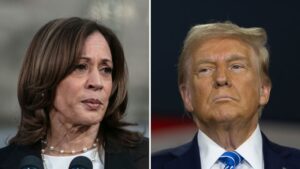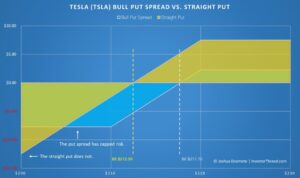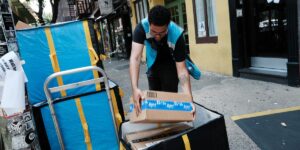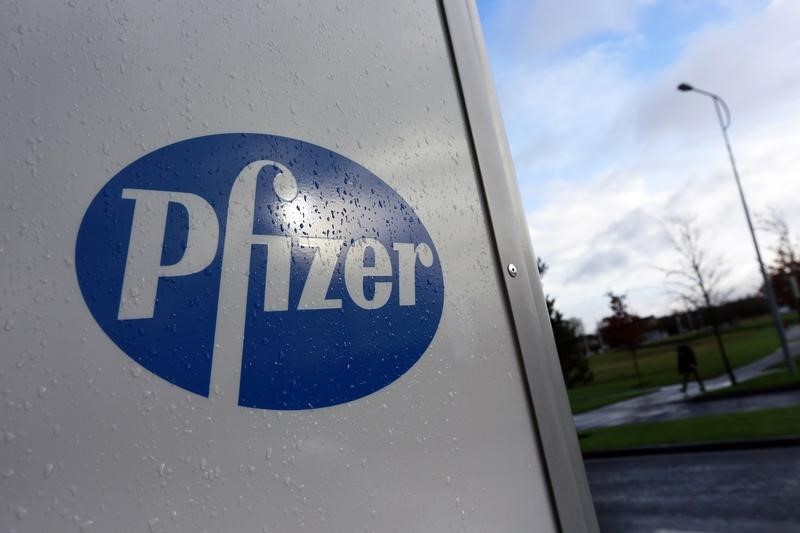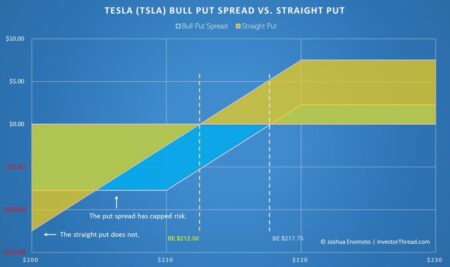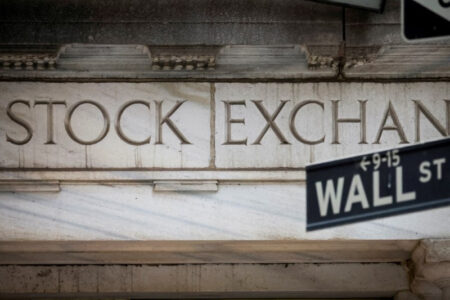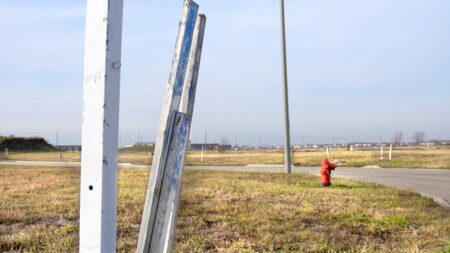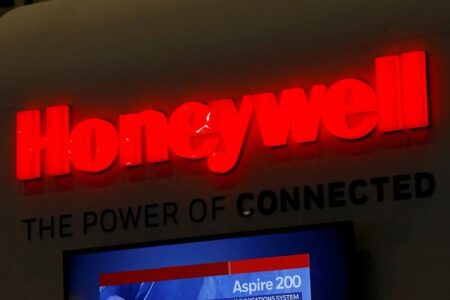By Michael Erman
(Reuters) – U.S. sales of RSV vaccines from GSK and Pfizer (NYSE:) are down significantly after regulators narrowed the targeted age group and said it was a once-in-a-lifetime shot for now, excluding millions of people who got one last year.
Some independent pharmacists said demand during the autumn vaccination season for respiratory syncytial virus shots has fallen as much as two-thirds from a year ago. So far, volumes reported by healthcare data company IQVIA and published in several Wall Street analyst notes roughly match that mark.
The shots are important for both Pfizer and GSK as they look to build new franchises before top-selling drugs face generic competition later this decade.
Pfizer is also contending with activist investor Starboard Value and weakening demand for its COVID products that has led to a stock price decline by around half from its pandemic highs. It also forced the New York-based drugmaker to announce two separate cost cut plans for over $5.5 billion.
Chief Executive Albert Bourla was disappointed with the 2023 launch of RSV shot Abrysvo, but the company has expressed optimism about the vaccine in the U.S. this year.
Erin Fox, a professor at University of Utah who helps manage the university’s health system pharmacies, traced the slow RSV demand to the government’s June decision to narrow the pool of eligible recipients compared to last year when they launched.
“I think we’re just going to see fewer patients falling into that clear category of needing the vaccine. You had all of that pent up demand, now it’s definitely going to be a lower number of patients getting vaccinated,” Fox said.
Jefferies analyst Peter Welford, in a note last week, said activity so far suggests that GSK’s Arexvy sales could miss Wall Street expectations in the third quarter.
The RSV season typically begins in October.
A GSK spokesperson said 9 million Americans, or two-thirds of the market, have been vaccinated against RSV with Arexvy and that the company sees opportunities for strong growth in the U.S. and globally. According to U.S. estimates, around 24% of adults over age 60 got the shot last year, including more than 30% of adults aged 70 or over.
“We continue to expect Arexvy to generate peak year sales of 3 billion pounds ($3.92 billion),” the GSK spokesperson said.
Pfizer declined to comment for this story.
GSK HOLDS ITS LEAD
Last year, an average of around 440,000 people a week got GSK or Pfizer RSV shots in September, around 65% of them receiving GSK’s Arexvy, according to the IQVIA data reported by analysts. This September, that average was around 157,000 people a week.
Top U.S. pharmacies including CVS Health (NYSE:) and Walgreens declined to comment on their volumes.
David Kohll of Kohll’s Pharmacy, which has multiple locations in Nebraska and Iowa, said his vaccine bookings were down 65% in August and September from a year ago.
Steve Moore, pharmacist and owner of Condo Pharmacy in Plattsburgh, New York, said his volumes were down even further.
“The people who are pro-vax and excited about vaccines, they probably already got it,” Moore said.
His pharmacy administered most of its RSV vaccinations last year at events where multiple people receive their shots. “I’ve got my first one coming up,” Moore said. “Instead of like 80 people, I’ve got six.”
The U.S. Centers for Disease Control and Prevention said the shots should be used by adults ages 75 and older, as well as those who are 60 to 74 and at increased risk of severe RSV due to medical conditions. Last year, the age had effectively been 60 and up.
The U.K. and Canada also have started making the shots available to their citizens, with the U.K. targeting those aged 75 to 79 with Pfizer’s shot.
The CDC has classified the shots as a one-time vaccine, although the companies plan to submit more data on the benefits of re-vaccination.
GSK presented data on Tuesday showing that Arexvy was still around 43% effective in preventing severe illness through a third RSV season.
Last year, GSK won two-thirds of the market, mostly due to its contracts with retail pharmacies. So far this year, it has held onto its dominant position, with Pfizer picking up some share in recent weeks.
In 2023, GSK’s Arexvy contributed 1.2 billion pounds ($1.57 billion) in sales, while Pfizer’s Abrysvo had $890 million. GSK’s sales have been forecast to dip slightly this year to around 1.15 billion pounds, while Pfizer’s sales are forecast to increase nearly 40% to $1.2 billion.
Moderna (NASDAQ:)’s mResvia was approved in May, but the third entry to the market is expected to trail the other two because it was approved too late to get a share in the largest pharmacies, the company said.
“It’s not a flu shot,” said BMO analyst Evan Seigerman. “These shots that you don’t get over and over again, they’re not an annuity.”
Read the full article here


